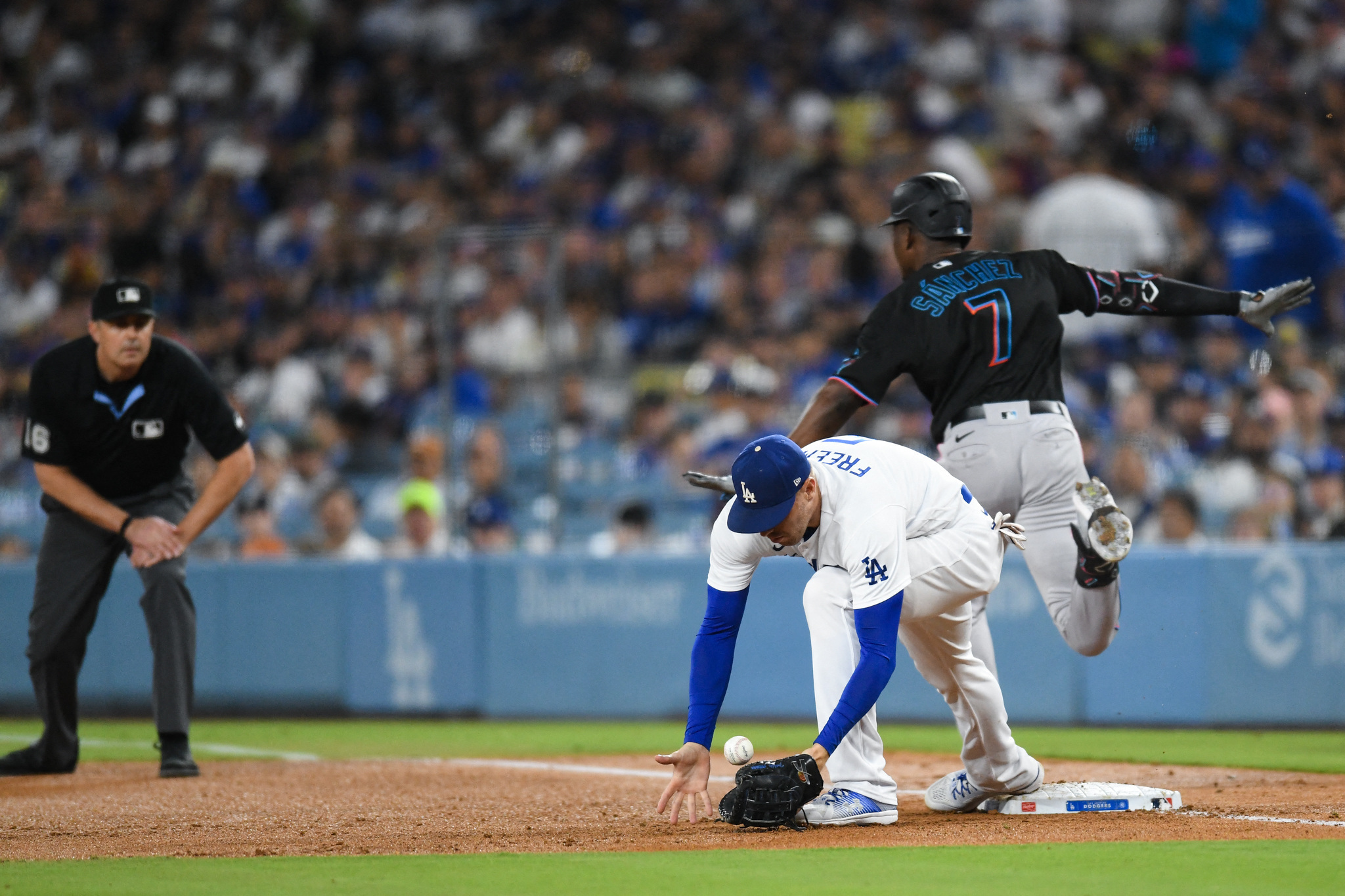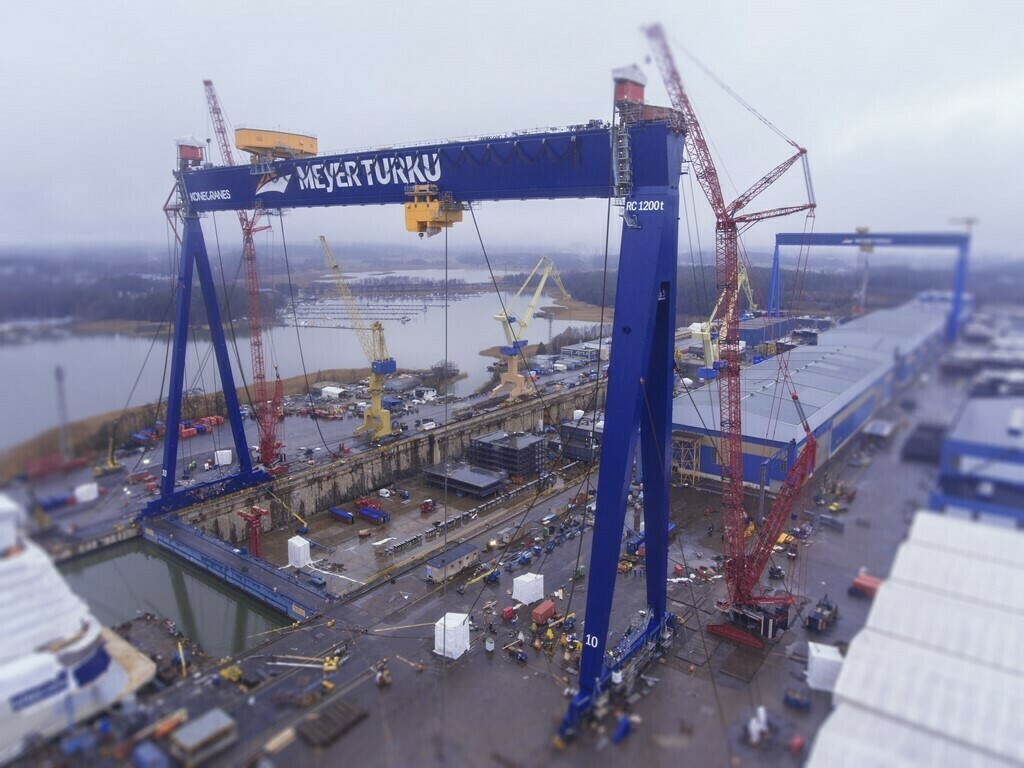Barrick Gold Disputes Mali's Gold Mine Seizure: Legal Challenges Ahead

Table of Contents
Mali's Justification for the Gold Mine Seizure
Mali's government has cited several reasons for its seizure of the Loulo-Gounkoto gold mine, a significant asset for Barrick Gold. These reasons range from alleged contractual breaches and unpaid taxes to concerns about environmental damage and the assertion of national interest. The events leading up to the seizure are shrouded in a series of escalating disagreements. News reports from sources like Reuters and the Financial Times suggest that negotiations between the two parties broke down irrevocably before the seizure.
Mali's key arguments can be summarized as follows:
- Contractual breaches by Barrick Gold: Allegations of non-compliance with specific clauses within the mining contract, pertaining to operational requirements, or royalty payments.
- Unpaid taxes or royalties: Claims of outstanding tax liabilities and unpaid royalties owed to the Malian government.
- Environmental concerns and lack of remediation: Concerns about potential environmental damage caused by mining operations and an alleged failure by Barrick Gold to adequately remediate affected areas.
- National interest considerations: The assertion that the seizure is in the best interests of the Malian people and the nation's economic sovereignty.
Barrick Gold's Response and Legal Strategy
Barrick Gold vehemently denies Mali's accusations, claiming the seizure is illegal and violates several international investment agreements. The company asserts its commitment to operating within the legal framework and fulfilling its contractual obligations. Barrick Gold has initiated legal action through international arbitration, a common mechanism for resolving disputes between states and foreign investors.
Barrick Gold's legal strategy includes:
- International arbitration proceedings: Initiating arbitration proceedings under relevant bilateral investment treaties (BITs) to challenge the legality of the seizure.
- Seeking compensation for damages: Demanding significant compensation for losses incurred due to the mine's closure and disruption of operations.
- Highlighting breaches of investment agreements: Emphasizing Mali's violation of international investment agreements, undermining investor confidence and breaching the sanctity of contracts.
- Public relations campaign to garner international support: Utilizing public relations and lobbying efforts to highlight the illegality of the seizure and garner international support for their legal claims.
Potential Outcomes and Implications of the Legal Dispute
The outcome of this legal battle remains uncertain, with several scenarios possible: a negotiated settlement, an arbitration ruling favoring Barrick Gold, or a ruling in favor of Mali. Each outcome carries significant implications.
- A settlement: A negotiated settlement could involve Barrick Gold making concessions regarding taxes or environmental remediation in exchange for the return of the mine.
- Arbitration ruling in favor of Barrick Gold: This could result in substantial financial compensation for Barrick Gold, potentially impacting Mali's economy and its ability to attract future foreign investment.
- Arbitration ruling in favor of Mali: This would legitimize the seizure, potentially setting a concerning precedent for future mining disputes in the region and impacting international investor confidence.
The potential consequences are far-reaching:
- Financial losses for either party: Significant financial losses are possible for either Barrick Gold or the Malian government, depending on the outcome of the dispute.
- Reputational damage to Mali's investment climate: A ruling against Mali could significantly damage its reputation as a destination for foreign investment, particularly in the mining sector.
- Impact on future mining projects in Mali: The outcome could significantly impact future mining projects in Mali, potentially attracting or deterring further foreign investment.
- Precedent for future mining disputes in Africa: The resolution of this case will establish a precedent, potentially influencing how similar disputes are resolved in the future throughout Africa.
The Role of International Law and Investment Treaties
International investment agreements (IIAs), including Bilateral Investment Treaties (BITs), play a crucial role in resolving cross-border disputes like the Barrick Gold-Mali gold mine seizure. These treaties aim to protect foreign investments by establishing a framework for dispute resolution and guaranteeing fair treatment. The specific treaties applicable to this case, including those between Mali and Canada (Barrick Gold's country of origin), will significantly influence the arbitration process and the eventual outcome. Understanding the intricacies of these treaties is crucial in understanding the legal arguments presented by both parties.
Conclusion: Navigating the Legal Landscape of the Barrick Gold-Mali Gold Mine Seizure
The Barrick Gold-Mali gold mine seizure case presents a complex legal battle with significant implications for the future of mining investment in Africa. Both sides present compelling, albeit conflicting, arguments. The potential outcomes range from a negotiated settlement to an arbitration ruling that could have profound financial and reputational consequences for either party. This case underscores the importance of understanding the intricate legal framework governing international mining operations and the critical role of international investment agreements in resolving cross-border disputes.
To stay informed about the ongoing developments in this landmark case and its implications for the future of mining investment in Africa, we encourage you to regularly check reputable news sources and legal journals for updates. A deeper understanding of international investment law and arbitration will allow for a more thorough comprehension of the complexities involved in the Barrick Gold-Mali gold mine seizure and similar disputes.

Featured Posts
-
 Ending Rent Control The Impact On Tenant Living Conditions
May 28, 2025
Ending Rent Control The Impact On Tenant Living Conditions
May 28, 2025 -
 Marlins End Angels Impressive Eight Game Winning Streak
May 28, 2025
Marlins End Angels Impressive Eight Game Winning Streak
May 28, 2025 -
 Venetian Palazzos The Architectural Inspiration Behind Wes Andersons Phoenician Scheme
May 28, 2025
Venetian Palazzos The Architectural Inspiration Behind Wes Andersons Phoenician Scheme
May 28, 2025 -
 Wildfire Woes Analyzing The Market For Los Angeles Wildfire Bets
May 28, 2025
Wildfire Woes Analyzing The Market For Los Angeles Wildfire Bets
May 28, 2025 -
 Winning Lotto Ticket Location Revealed Claim Your Millions
May 28, 2025
Winning Lotto Ticket Location Revealed Claim Your Millions
May 28, 2025
Latest Posts
-
 Tim Meyer Steps Down Meyer Turku Announces New Ceo From Cargotec
May 29, 2025
Tim Meyer Steps Down Meyer Turku Announces New Ceo From Cargotec
May 29, 2025 -
 Meyer Turkus New Ceo A Cargotec Executive Steps In
May 29, 2025
Meyer Turkus New Ceo A Cargotec Executive Steps In
May 29, 2025 -
 Leadership Change At Meyer Turku Tim Meyer Succeeded By Cargotecs New Ceos Name
May 29, 2025
Leadership Change At Meyer Turku Tim Meyer Succeeded By Cargotecs New Ceos Name
May 29, 2025 -
 Meyer Turku Appoints New Ceo Cargotec Veteran Takes The Helm
May 29, 2025
Meyer Turku Appoints New Ceo Cargotec Veteran Takes The Helm
May 29, 2025 -
 Cargotec Executive Appointed New Ceo Of Meyer Turku Replacing Tim Meyer
May 29, 2025
Cargotec Executive Appointed New Ceo Of Meyer Turku Replacing Tim Meyer
May 29, 2025
